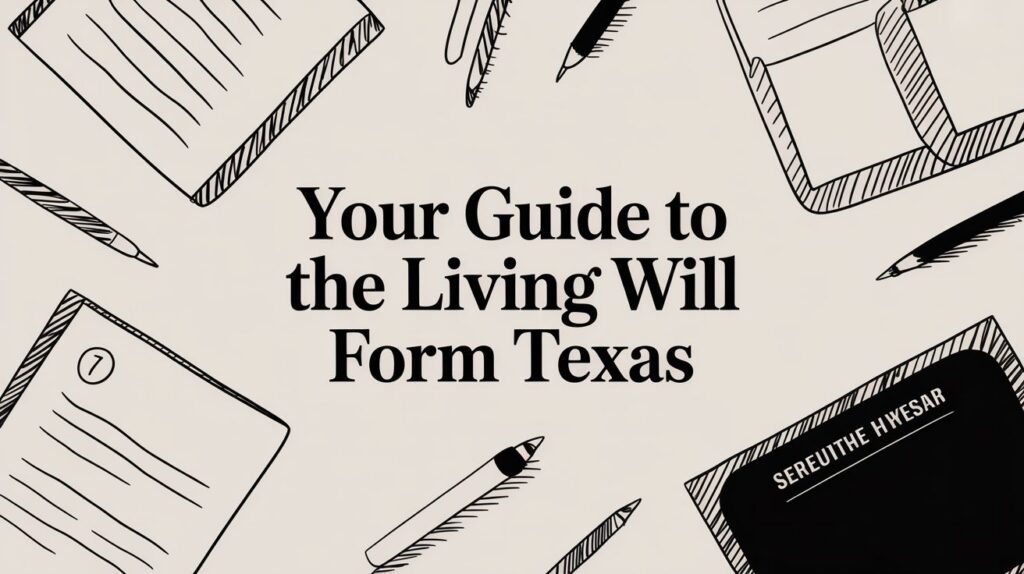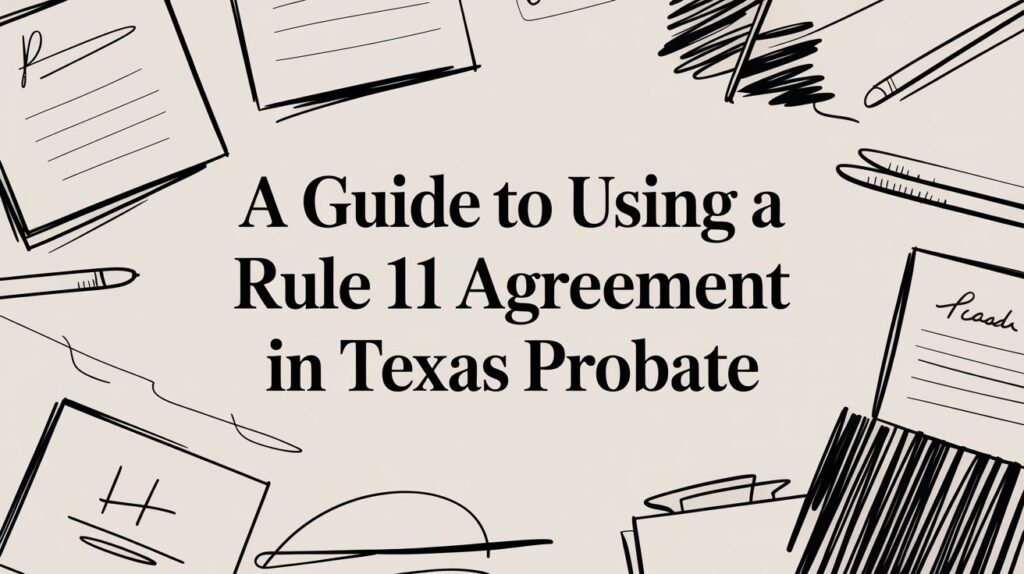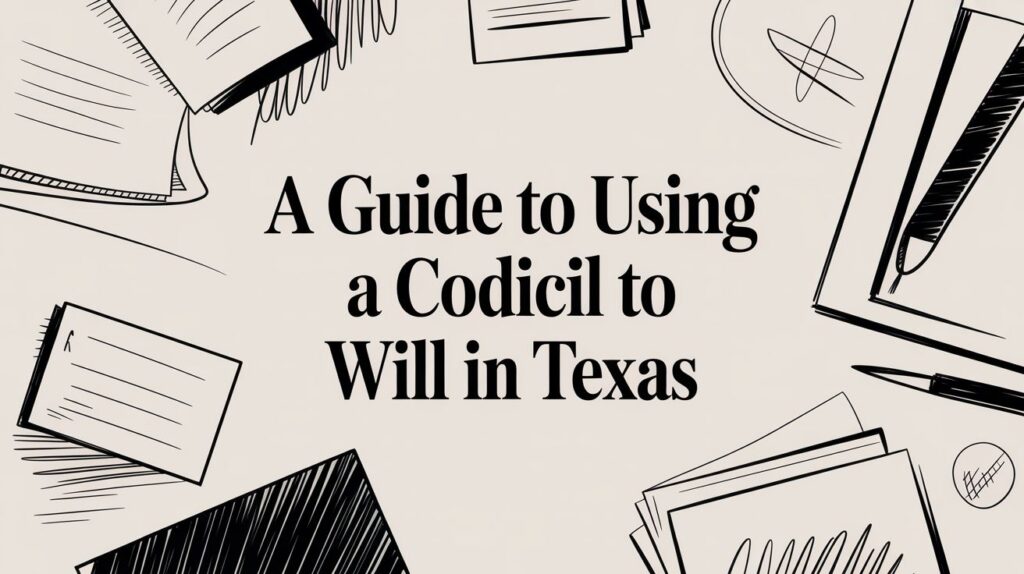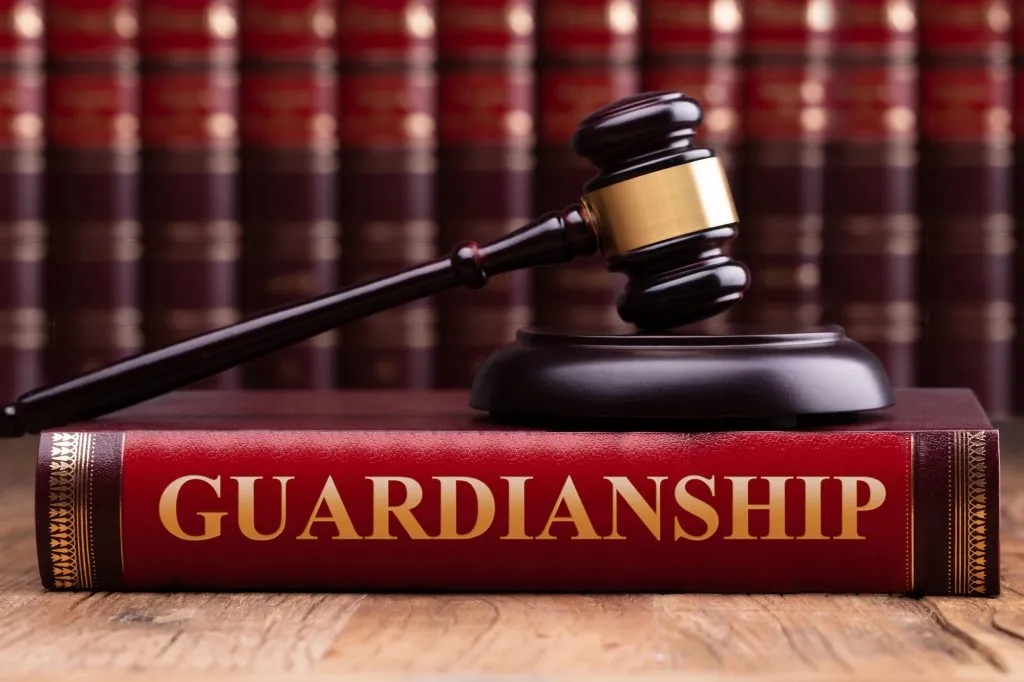In Texas, the probate process can be complex, especially when it comes to understanding “exempt property.” If you are dealing with the estate of a loved one, you might wonder, “What is exempt property in Texas probate?” Exempt property refers to assets that the state protects from creditors during probate. These assets can be transferred directly to the surviving spouse or children, often without much delay or legal complications. Understanding how to claim these exemptions and knowing which property qualifies for them can help ease the probate process.
In this article, we’ll explain what exempt property in Texas probate is, discuss the types of property that are eligible for exemption, and outline the steps involved in claiming exemptions. We’ll also provide practical examples to make the process clearer.
What Is Exempt Property in Texas Probate?
In Texas, exempt property refers to specific assets of the deceased that are shielded from creditors during the probate process. These exemptions ensure that surviving family members—usually the spouse or children—can retain essential assets, like the family home or a car, even if the estate carries outstanding debts. Although the deceased’s debts must still be addressed, the exempt property will not be used to settle those debts.
Understanding exempt property helps surviving family members protect their rights and ensures that they retain essential property for their well-being. However, exempt property does not mean the entire estate is free from creditor claims. Creditors can still attempt to collect from the non-exempt assets. Let’s take a closer look at the types of exempt property under Texas law.

Types of Exempt Property in Texas
Texas law offers protection for certain property categories, giving surviving family members some relief from creditors. The following are the main types of exempt property in Texas probate.
1. Homestead Property
The family home is one of the most important types of exempt property in Texas. Known as the “homestead,” this property is typically shielded from creditors during the probate process. This exemption applies whether the home is owned solely by the deceased or jointly with the surviving spouse.
Texas limits the size of a homestead depending on whether the property is urban or rural. For urban properties, the homestead can be exempt up to 10 acres. Rural properties may be exempt up to 200 acres for a family or 100 acres for an individual. This exemption ensures that the surviving spouse and children can continue to live in the family home without fear of it being sold to pay off debts.
2. Personal Property Exemptions
Texas law allows exemptions for certain personal property, especially items essential for daily life. Here are some examples of personal property that may be exempt:
- Clothing: Personal clothing, including shoes and accessories, are considered exempt property.
- Jewelry: Some jewelry may qualify for exemption, though the value is typically limited to around $50.
- Household Goods: Furniture, appliances, and other household items essential for living are exempt. These items typically include things like beds, dressers, and kitchen appliances.
While the value of the exemption is capped, this ensures the surviving family members have the basic items they need to maintain their lives after the loss of a loved one.
3. Tools of the Trade
For individuals who relied on specific tools for their profession, these items may qualify for exemption. Whether the deceased worked as a mechanic, carpenter, or any other skilled laborer, tools necessary for their trade are protected. The exemption is typically capped at the value deemed necessary for that profession. This ensures the surviving family members can continue earning a livelihood.
4. Vehicle Exemptions
In Texas, the surviving family members’ ability to remain mobile is also protected. A vehicle that is necessary for daily life, such as a car for commuting to work, is typically exempt from creditor claims. Like other exemptions, the value of the vehicle is limited, but the surviving spouse and children can retain this essential asset.
5. Government Benefits and Pensions
Certain government benefits, such as Social Security payments, veterans’ benefits, and public assistance, are exempt from creditor claims. These benefits are considered vital for the support of the surviving family members, and Texas law ensures that they cannot be used to settle the deceased’s debts.
6. Life Insurance Proceeds
If the deceased had a life insurance policy with a designated beneficiary, the proceeds from that policy are generally exempt from creditors. These funds go directly to the beneficiary and do not become part of the probate estate. However, if the beneficiary is the estate itself, the life insurance proceeds could be subject to creditor claims.
How to Claim Exempt Property in Texas Probate
Once you understand what constitutes exempt property, the next step is knowing how to claim it. The process of claiming exempt property can be straightforward, but it’s important to follow the correct legal steps. Below are the general steps involved in claiming exempt property in Texas probate.
1. File a List of Exempt Property with the Court
The first step is filing a list of exempt property with the probate court. This list will outline all the items you believe should be classified as exempt. The court will review the list, and if it meets the criteria, the court will grant the exemptions.
It’s important to be thorough and detailed when listing exempt property. For each item, you should provide a description and, when applicable, its value. This information will help the court assess whether the property qualifies for exemption under Texas law.
2. Provide Supporting Evidence
The probate court will likely require evidence to support your claims for exempt property. This could include providing proof of ownership or other documentation. For example, if you are claiming the family home as exempt property, you would need to provide the deed or mortgage records. Similarly, for vehicles, you would need the title and registration documents.
Gathering this evidence beforehand can help expedite the process and increase the likelihood of the exemptions being granted.
3. Include Exempt Property in the Probate Application
When submitting the probate application, you’ll need to list all assets, both exempt and non-exempt. By including the exempt property in the application, you formally claim these exemptions. This helps establish a clear picture of the estate’s assets and allows the court to determine how they will be distributed.
4. Consult an Attorney
While the process of claiming exempt property is relatively straightforward, it can still be complex, especially if disputes arise. Consulting with an attorney who specializes in probate law can help ensure that you follow all the necessary steps and submit the required documentation. An attorney can also help you navigate any challenges that may occur during the probate process.
Real-Life Example: Claiming Exempt Property in Texas Probate
Let’s consider a real-life scenario. You’re the surviving spouse of a person who has passed away. Your spouse owned a home, a car, and some personal property. You are now in charge of handling the estate and need to claim exempt property to preserve these essential assets.
You would begin by filing a list of exempt property with the probate court. This would include the family home, the car, and other necessary personal items like household goods and clothing. You’d also need to provide documentation, such as the deed to the home and the car’s title, to support your claims. If the court agrees that these items qualify for exemption, they will be transferred to you, allowing you to retain your home and vehicle without the need to sell them to pay off any debts.
The Importance of Understanding Exempt Property in Texas Probate
Understanding exempt property in Texas probate is critical for anyone involved in the probate process. These exemptions help protect the surviving family members from losing essential assets, such as the family home or vehicle, during a difficult time.
By following the proper procedures, such as filing the necessary documentation and providing evidence of the property’s exemption, you can ensure that these assets are retained by the family. However, because probate can be complicated, it’s often wise to consult with an attorney to navigate the process effectively.
Claiming exempt property helps ease the financial strain on surviving family members and ensures that they can continue their lives without losing vital assets. With the right legal guidance, you can protect your family’s future and preserve the property that matters most.

Conclusion
What is exempt property in Texas probate? It’s a way for the law to protect a deceased person’s family from the financial burden of losing essential assets. By understanding the exemptions available and following the necessary legal steps to claim these exemptions, you can ensure that the family retains the property that is crucial to their well-being.
While the process can be complex, having a clear understanding of what constitutes exempt property, and knowing how to claim it, is an essential step in handling probate efficiently. Always consider seeking legal advice to make the process smoother and ensure your family’s financial stability during a challenging time.








